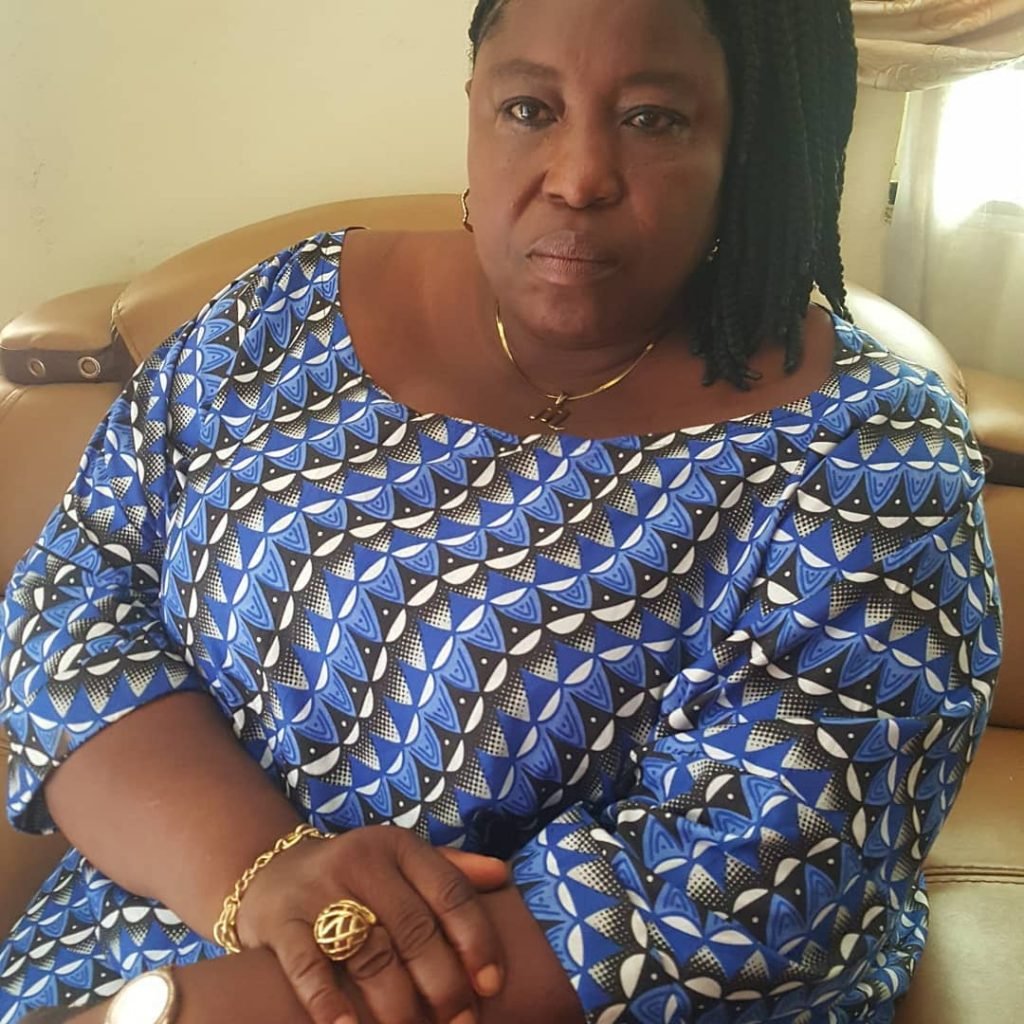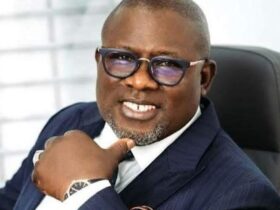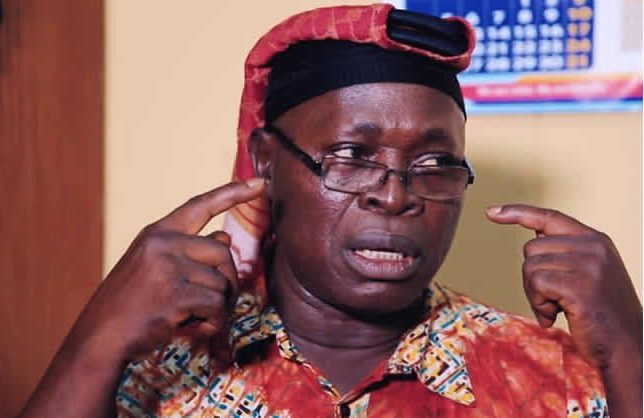Despite public concerns over proliferation of mushroom universities and inadequate budgetary allocations to the education sector in general, the Federal Government is again, considering 270 fresh applications for private universities.
If approved, the new request is estimated to bring the total number of universities to 528, among which 418 are private-owned.
Findings showed that Nigeria currently has not less than 258 universities. Among them are 50 federal, 60 state-owned and 148 owned by private individuals and organisations.
But the geometric progression in the number of universities over the years has not rubbed off on education standards, and much for concerns among stakeholders.
It will be recalled that in the eight years of President Muhammadu Buhari-led administration, not less than 90 universities were approved for operations in the education sector.
According to data obtained from the National Universities Commission (NUC), 10 Federal, 22 State and 58 Private universities were established from 2015 till date.
The NUC data showed that in 2015, the government approved one state and nine private universities for establishment. In 2016, four state and five private universities were approved. In 2017, two state and four private universities; in 2018- three federal, one state, and one private university were approved.
In 2019, two state and four private universities were approved; in 2020- two federal, and two state universities were approved; in 2021- four federal, three state, and 18 private universities. In 2022, one federal, six state, and 12 private universities were approved. For 2023, the Buhari administration approved one state university and 37 private universities.
Universities, by their nature, are drivers of socio-economic, cultural and political development, and global innovation. They help in acquiring academic skills, professional expertise and knowledge through teaching, researching, and disseminating existing and new knowledge.
However, analysts observed that university education has performed very poorly in terms of focus on innovative works and entrepreneurship, as well as the commercialisation of research findings.
Besides, they disclosed that Nigerian universities relatively underperform on research, as they produce only 44 per cent of the scholarly output of South Africa and 32 per cent of Egypt.
According to experts, Nigerian universities only focus on their traditional role of training scholars and leaders, but remain weak in the practical application of knowledge and are unable to respond to the demands of the job market.
With 528 universities, analysts noted that there should be increased competition, which should lead to better standards, but experts expressed fears that as the institutions increase, the standards seem to decrease.
Given Nigeria’s peculiar circumstances, experts stated that universities should close the gap in the life skills of leadership, entrepreneurship, innovation, and technology adoption.
A survey by the NUC showed that only about 30 per cent of the country’s student population have adequate access to lecture theatres, laboratories and libraries.
Every year, the number of candidates seeking admission to universities is higher than the available capacity. The majority of the candidates prefer relatively affordable government-owned tertiary institutions, but many, who could not secure admission, eventually settle for private universities.
Between 2018 and 2022, over five million of the candidates who applied for admission into Nigerian tertiary institutions were unable to secure placement.
Out of 1.8 million candidates who applied in 2022, about 600,000 (representing 33.3 per cent) were admitted.
At a British Council workshop in Abuja recently, Acting Executive Secretary, National Universities Commission (NUC), Dr Chris Maiyaki, hinted that about 270 private universities have applied for licences to commence academic activities.
As the authorities keep approving the establishment of new universities, there have been divided views on the implication.
While some said it would give candidates wider choices, and reduce enrolments in schools to what they can manage, others averred that what is needed is a conscious effort to upgrade existing ones, especially the federal and state-owned ones to offer quality education to citizens.
The Academic Staff Union of Universities (ASUU), had, at different times, called on the Federal Government to halt the establishment of new universities, when it has failed to adequately fund existing ones.
Apart from lack of funding and adequate facilities for existing institutions, stakeholders also observed that establishing new ones poses huge problems, especially in recruiting qualified academic staff, and meeting global standards, among other challenges.
The union argued that attention should be on carrying capacity, rather than the number of universities.
ASUU lamented that the pressure on available facilities has led to rapid deterioration and overcrowding across ivory towers in the country.
It noted that there has been an upsurge in students’ population without a corresponding improvement in facilities and other student services.
For some stakeholders and education experts, the licensing of more private universities has been a curse more than a blessing.
They described the quality in private universities as very low, and called on the government to fund and strengthen existing ones to be able to accommodate the teeming admission seekers and churn out quality graduates that can compete globally.
A research assistant at the University of Jos, Isa Daniel, said emphasis should be laid on providing infrastructure for already existing institutions.
He said: “One thing we have failed to realise is that universities have hectares of land; what they need are infrastructural inputs – large classrooms, quality sitting halls, modern infrastructure, modern edifices that can accommodate students, and a good environment for quality learning for lecturers, students and researchers.
“We need to revamp, equip and modernise already existing ones, which is where we have failed and we keep failing. We need to go back to the drawing board,” he said
A leader of ASUU at the Olabisi Onabanjo University (OOU), Ago Iwoye, Dr Adigun Ogundele, warned that granting approvals for more private universities would spell doom for public universities in the nation.
According to him, many of the private universities do not have manpower and facilities to run the programmes for which they were accredited by the NUC, which was why they always engaged human and non-human resources in public universities, thus ‘overstretching’ the public schools.
But the secretary of the Committee of Vice Chancellors of Nigerian Universities (CVCNU), Prof Yakubu Ochefu, has described enrolment into the nation’s universities as very low, saying it sits at about eight per cent, below the African average of 13 and the global average of 33 per cent.
He said many of those who sit for entrance examinations and qualified to go to universities are denied because available spaces could not absorb all.
Although Nigeria has the highest number of universities in Africa, Ochefu said they are not enough as far as the population index is concerned.
Dean of postgraduate studies, Bayero University, Kano (BUK), Prof. Usman Ahmed, said private universities would continue to increase because of the diversity of people in the country.
“What is important is that we should keep our eyes on standards because the fear is that when people come into something that should ordinarily be for public good, the tendency is to bastardise the system. You can see what has happened to private primary and secondary schools. Now, we have more private schools around the neighbourhood and everybody is using all forms of gimmicks to continue to make profit out of it,” he said.
Ahmed charged NUC not to let down its guard, which he said was important in terms of personnel, material equipment and infrastructure.
He noted that in terms of regulation, NUC should ensure that private universities run only programmes they had the resources to offer, noting that even public institutions do not run all their programmes at a go.
Former Vice Chancellor, Joseph Ayo Babalola University (JABU), Arakeji, Osun State, Prof. Sola Fajana, said private universities have provided opportunities for young people with the ambition to obtain degrees and diplomas, while responding to the unemployability of Nigerian graduates through entrepreneurship education.
He added that private universities are helping to meet Nigeria’s manpower needs.
“We need to understand the fact that whether federal, state or private universities, our goals are the same – which is, to produce an educated workforce that will meet Nigeria’s needs in the 21st century,” Fajana stated.













